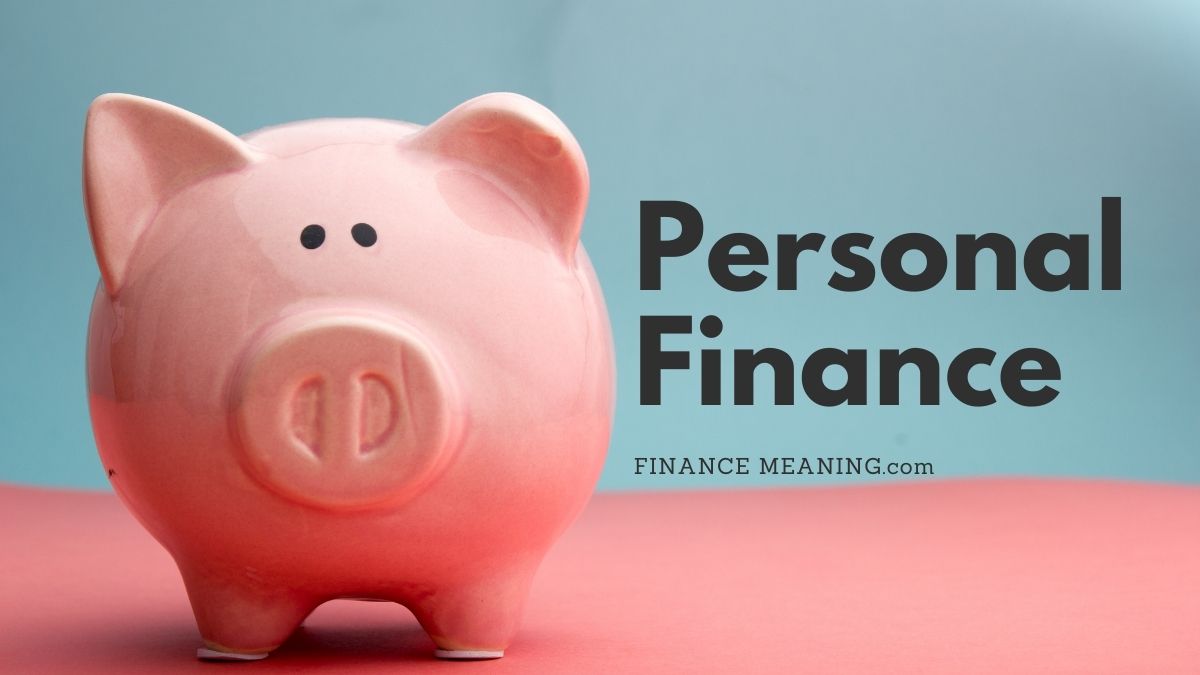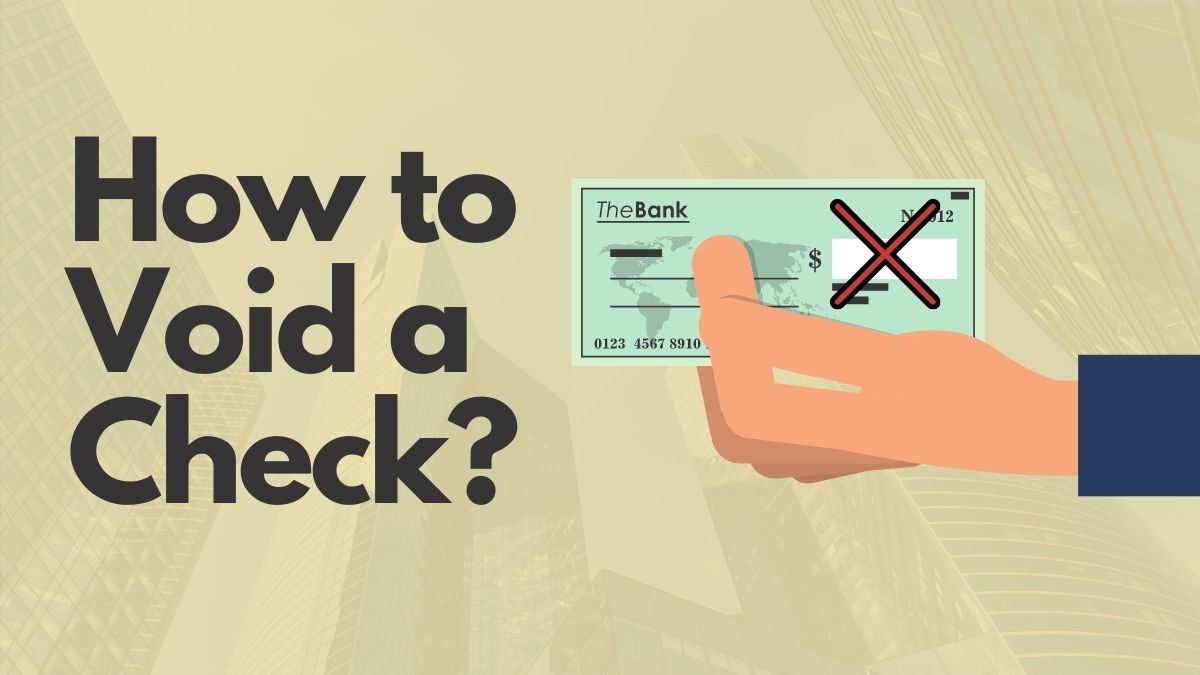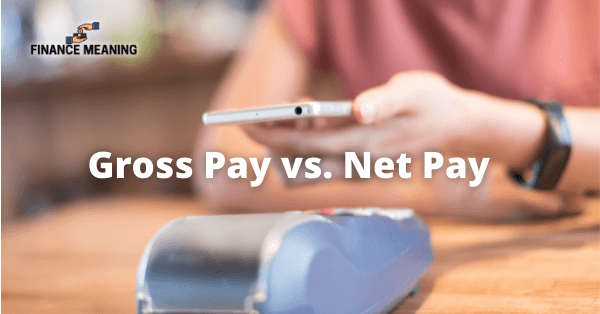‘If you don’t plan, you plan to fail,’ is a quote from the famous philosopher Benjamin Franklin. It is often applied in the management of business operations but it can be used in financial planning too. Individuals and households need to plan their finances to maximize existing financial resources, meet financial obligations, and achieve financial freedom. The entire process begins with understanding personal finance. The article explores the concept further.
What is Personal Finance?
Personal finance is the process of planning and managing an individual’s financial activities. It helps an individual meet both long-term and short-term financial goals, whether it’s planning for retirement or saving for a child’s college education. We can summarize personal finance into five important aspects of financial management:
Income Generation
Income is the source of cash inflow an individual receives and is the starting point of any financial planning process. The most common sources of income include salaries, bonuses, pensions, hourly wages, and dividends. The sources generate cash an individual uses to spend, save, or invest.
Spending
These are all the expenses incurred when buying consumables or paying for services. The expenses reduce the income available for saving and investing. In this case, we look at spending in two contexts:
- Paying for the expenses on a cash basis and,
- On credit terms
Managing expenses is an essential aspect of personal finance as it determines your ability to achieve financial freedom. Experts encourage individuals to develop good spending habits by creating a budget. The 50/30/20 budgeting method creates a reliable framework from which to plan your finances. A break down of the technique:
- 50% of your net income to be spent on living expenses like utilities, rent, transport, and groceries
- Allocate 30% to lifestyle expenses like shopping for clothes and dining out
- Assign 20% of income to pay the debt and save for emergencies and retirement
Budgeting apps come in handy as they keep track and adjust your spending, allowing you to control each dollar spent. The app also updates and categorizes financial data as you feed it with information to understand your financial position.
Saving
It’s the surplus cash left after earning income and paying for expenses. In personal finance, saving involves low-preservation of money in savings and checking bank accounts instead of investing. Having too many savings isn’t advisable as most savings accounts earn little returns compared to investments.
Investing
It’s the process of purchasing income-generating assets with the hope of receiving more money than what was initially invested. Typical forms of investing include buying stocks, bonds, and valuable art pieces. This part of personal finance requires understanding the relationship between risk and return.
Protection
Protecting yourself, your family, and assets from unpredictable events is another critical aspect of personal finance. You may take out auto, life, home, and long-term care insurance policies to create a soft landing in case of emergencies. Be sure to review the policies periodically to ensure they meet your family’s needs throughout life’s significant milestones.
Many people regard savings as part of protection, but sudden financial changes still throw them off track. As such, it’s essential to take out a separate policy or have highly liquid assets you can utilize or sell during emergencies.
Why is Personal Finance Important?
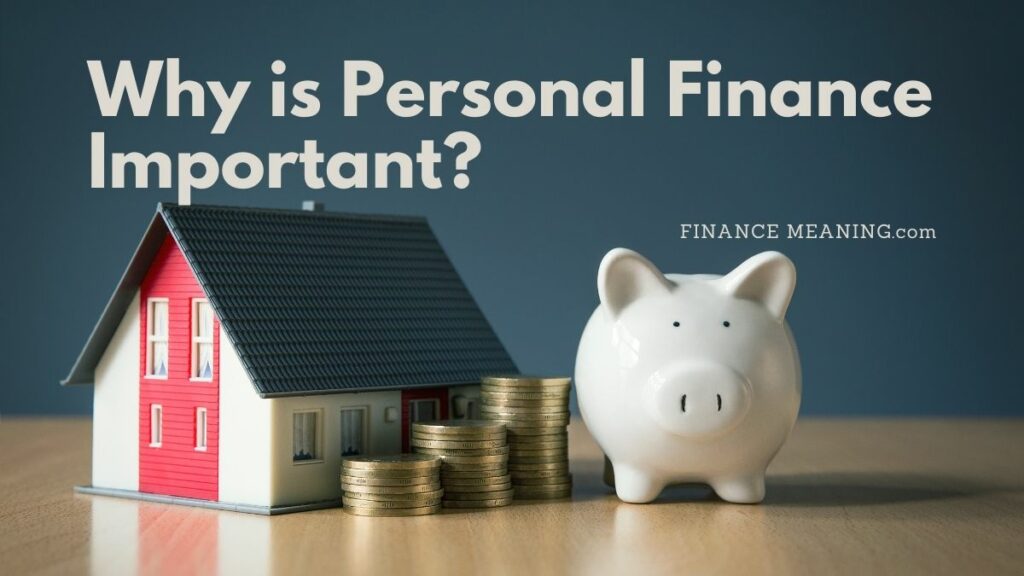

We can never explain the benefits of personal finance exhaustively but here’s a brief overview:
1. Helps Set and Meet Your Financial Goals
Personal finance calls for setting goals you can work towards. With clear goals, you have a direction and are more likely to be financially stable. Personal finance is an intimate part of an individual’s life because money is the medium that helps people achieve their goals. It’s essential to give time-frames, too, in the form of long-term, short-term, and medium-term goals. Here are few tips:
- Personalize your goals
- Review your goals regularly
- Set SMART goals
- Helps Increase Cash Flows
Keeping track of your expenditures and spending habits helps increase your cash flows. This is because you can budget, monitor spending, and save. All such activities prevent you from losing your hard-earned cash in unnecessary expenses.
2. Provides Family Security
As earlier highlighted, one aspect of personal finance is protection or insurance. No one wants to think their families are suffering due to a lack of money when they aren’t around to help. Personal finance helps achieve a sense of financial security, e.g., by taking out an insurance policy. Also, having adequate savings gives you and your family peace of mind.
3. Better Financial Understanding
Personal finance helps you make measurable goals, understand your decisions’ effects, review the results, and make changes. Simply, it gives you a new approach to budgeting while providing better control over your finances.
4. Helps Avoid Unmanageable Debt
When your expenses exceed income, you may need to borrow to cater to the deficit. With personal finance, you can identify unnecessary costs and avoid them to avoid getting into debt. Once you enter into debt, it becomes a vicious cycle of borrowing and paying back.
It’s even more difficult when the debt attracts an incredibly high-interest rate.
Credit card debt is the most common type that makes many consumers cash-strapped. While it’s essential for establishing a good credit rating, you should spend what you can afford to pay back.
5. Plan for Retirement
Another crucial aspect of personal finance is to plan for retirement. While it seems like a lifetime away, the sooner you start saving, the better. Apart from setting aside money for emergencies, allocating a portion to retirement allows it to grow in the long term.
What’s more, joining tax-advantaged funds like 401(k) or individual retirement accounts may reduce your current income taxes. Investing in such plans is one way of preparing for retirement. Other strategies include:
- Converting a term life insurance policy to a permanent one
- Opting to receive social security benefits a little later
Recommended Read | 403b vs. 401k: Which Retirement Plan is Better?
How to Learn Personal Finance
There’s no one-size fit to personal financing but developing necessary finance skills goes a long way in managing your finances. Here are some of them:
Learn How to Create a Budget
Developing and following a budget is the most basic skill in personal finance. Unfortunately, many people use checking accounts as a rough gauge of the amount of money they have. This is a poor method of managing personal finances.
A detailed budget helps track your income and spending patterns instead of watching your money go away. Start by analyzing your bank statements and credit card bills and add the expenses by classifying them into different categories. You can have a category for clothing, food, housing, pets, utilities, entertainment.
Create an Emergency Fund
You need to set some money aside for a rainy day. Three to six months’ worth of living expenses is a suitable safety net. If using the 50/30/20 budgeting rule, put away 20% of your paycheck every month. Once you have attained the target amount, continue funneling the contribution to other financial goals like investments or retirement funds.
Recommended Read | How to Move Out of Your Parents’ House: 10+ Things You Need to Know [2021]
Enroll for a Personal Finance Class Online
Basic financial literacy is critical to developing healthy personal finance habits. A team of researchers analyzing the impact of financial literacy on students found that financially literate students had a higher savings rate.
The researchers also realized that financially literate students could construct a budget and were more likely to invest their monies in the stock market. Learning the basics in personal financial planning, from savings to budgeting, helps plan for a better future and avoid risks that come with bad financial management. It also helps understand:
- How to Read your credit report
- How to make retirement investments
- Build an emergency fund
Listen to Finance Podcasts
Such podcasts are an excellent way of learning how to manage your money if you’re pressed for time. You can listen to them during your morning run while driving to work and running errands.
Reduce Interest Rates
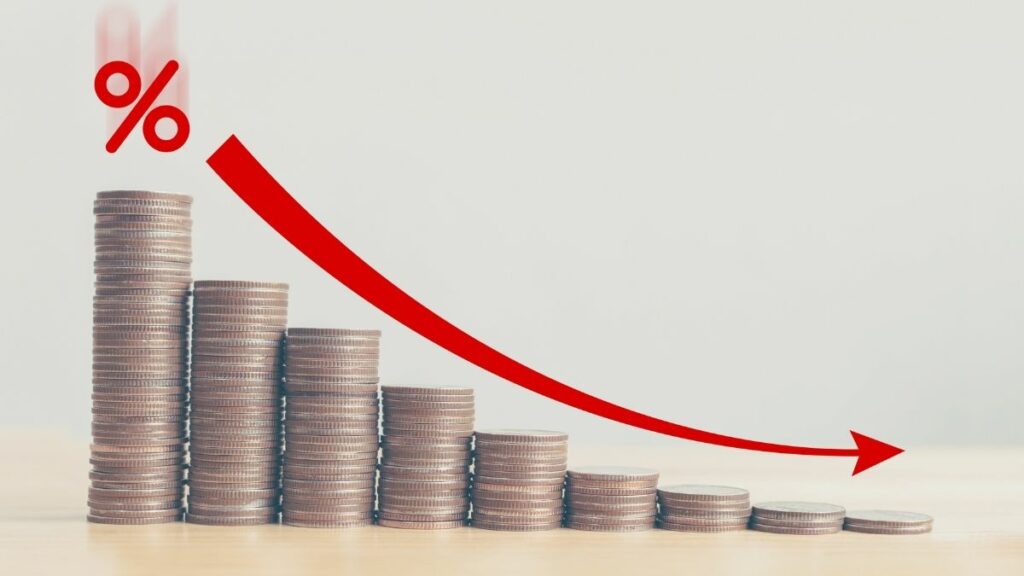

Analyzing interest rates charged on credit card debts and other loans is critical to determining which debt or savings commitments to focus on. Credit card debt is incredibly draining because the interest rates are high, especially if you default payment. The average interest rate charged to credit cards is 15% and higher if you default payment.
Recommended Read | The 5 C’s of Credit: How Banks Analyze Your Creditworthiness
The best strategy is to pay it off as quickly as possible to minimize interest payments and free up money for investment. Also, a good credit rating may help take advantage of payment methods like balance transfer. A balance transfer offer enables you to pay a fee of 3% and 0% interest for a year or more.
Make Continuous Investment
Good financial planning isn’t just about reducing spending or saving money but investing too. Whether in a low-return or high-return venture, an investment frees up some money through smart spending decisions.
Investment is what allows you to grow a small amount of money into real wealth that can change your lifestyle and give you the freedom to pursue other interests. Keep in mind; it’s not a one-time activity but a continuous one. This means you need to make regular investments over a long period and allow your wealth to grow.
In Personal Finance, What is Considered a Need?
Separating needs from wants is a critical personal finance skill. It’s the best way to make and develop good spending habits. Needs are essential expenditures that enable you to live and work.
Also, they’re recurrent and take up a large chunk of your paycheck. They include rent, food, mortgage payment, and utilities. As such, when budgeting, you want to prioritize needs, not wants. Wants are expenses that enhance comfort. You can live without them, but you enjoy life more when you have them. They include entertainment, travel, gym memberships, designer clothing.
Wrap Up
With this insight, you’ll be well on your way to a financially stable future. Many folks hardly make changes until they’re too deep in a financial crisis. Don’t be one of them. Start your finance planning journey today.
